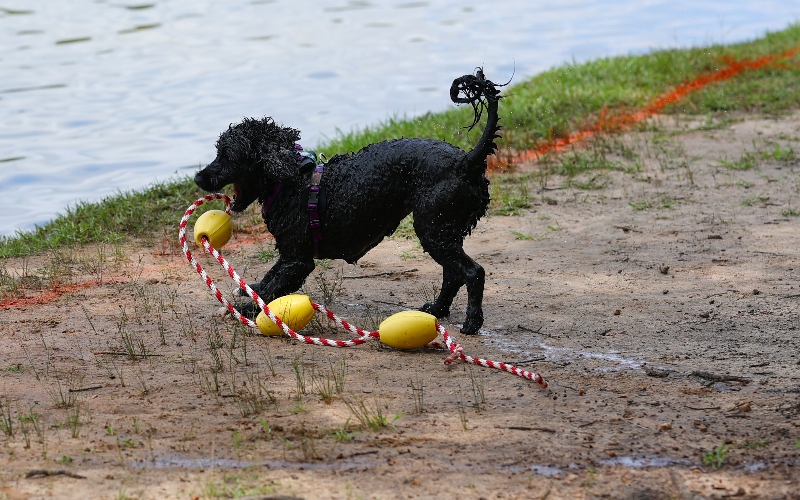Hawaiian Islands: Ground zero in the debate over genetically modified organisms
Published 8:53 am Tuesday, February 19, 2013
In visiting Maui, Hawaii, I was astounded to be welcomed soon after leaving the airport, by a barbed-wire compound-looking enterprise whose sign read Monsanto Maui. I was thrown into complete sadness.
GMO’s, the open-air testing of pesticide-resistant crops and the patenting of genetically engineered plant life, rests primarily in the profit-margins of five large biotech and chemical companies: Monsanto, Dow AgroSciences, Syngenta, DuPont Pioneer and BASF. (Didn’t they make cassette tapes, too?) I saw Hawaii, naively, as a protected paradise, with life and landscapes as natives knew it just hundreds of years ago.
And so, although being on a much-needed, rest-filled vacation, I also spent every day looking into the local food movement, small farms, school gardens and co-operatives. The evenings the television was on, I was on Maui Municipal Government channels and learning about important GMO-labeling bills currently awaiting passage. I monopolized more than a few Happy Hours with political food talk, coming to discover that Hawaii is home to one of the world’s greatest concentrations of GMO research fields, and that they are here gobbling up the land and farmers’ rights for the same climate-reasons that people come here as a world-famous tropical vacation spot: abundant sunshine, rainfall and year-round growing (“chillaxing”) climates. They also love what we love about Hawaii’s isolation from the “real-world” and the public eye.
Trending
From the cable-access community action television streams I learned this: that these companies are now facing increasing opposition from residents concerned about GMOs, the health and environmental impacts of pesticides and what they see as a lack of oversight and transparency. Some are also hopeful that Hawaii, our 50th state, may well be our first state to succeed in requiring GMO-ingredients in foods to be labled through Hawaiis’ House Bill 174.
When the Hawaii state legislature convened this January, on its schedule were a dozen bills seeking to regulate, limit or ban the sale and import of GMOs. This month, two of the bills were approved by committee, an important step towards becoming law.
Unlike Japan, China, Russia, the European Union and dozens of other countries, the U.S. does not require GMO foods to be labelled.
Hawaii’s fight over GMO foods has garnered worldwide attention. Last month internationally renowned environmentalist and philosopher Dr. Vandana Shiva travelled from New Delhi to Hawaii to speak to anti-GMO activists, community groups and lawmakers who are increasingly concerned about the role of GMOs in the U.S.’ 50th state.
“I think your island is truth-speaking to the world that GMOs are an extension of pesticides, not a substitute or alternative to it,” she told an audience on the island of Kauai.





